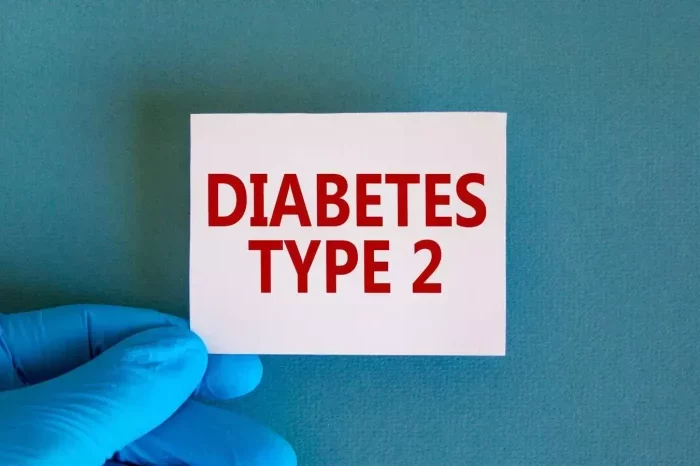Recent studies suggest that certain diabetes drugs, including the widely known Ozempic, could offer hope to over 400,000 Australians living with dementia by potentially reducing the risk of Alzheimer’s and related conditions. New findings, published in JAMA Neurology, highlight a promising link between modern diabetes treatments and a reduced likelihood of developing Alzheimer’s disease and other forms of dementia.
Dementia, particularly Alzheimer’s, is a major health issue, progressively impairing brain function. It is the second leading cause of death in Australia and a significant contributor to disability globally. Projections indicate that by 2030, approximately 75 million people worldwide will be affected, with Australia’s population reaching 812,000 by 2054.
In a recent U.S. study, researchers analyzed data from nearly 400,000 patients aged 50 and older, spanning from 2014 to mid-2023. The study focused on patients using two classes of diabetes medications—glucagon-like peptide-1 receptor agonists (GLP-1RAs), such as Ozempic, and sodium-glucose co-transporter-2 inhibitors (SGLT2is). The findings suggest that these medications may play a significant role in lowering the risk of Alzheimer’s and other dementias, particularly in individuals with type 2 diabetes.
Specifically, the study revealed that GLP-1RAs were linked to a 33% reduction in the risk of dementia, while SGLT2is showed a 43% reduction when compared to older blood glucose-lowering drugs. These medications appear to reduce brain inflammation and enhance insulin signaling within the brain, which could be crucial in preventing cognitive decline.
However, experts caution that these results must be interpreted with care. The study’s relatively short follow-up period means further research is necessary to solidify these findings.
Additionally, an Irish meta-analysis, which reviewed data from 23 clinical trials involving over 160,000 participants, found that only GLP-1RAs, not SGLT2is, were linked to a significant decrease in dementia rates. This meta-study emphasized the need for larger randomized clinical trials to identify the best approaches for managing glucose levels in patients with dementia.
These studies follow previous research from Wales, which suggested that older adults who received the shingles vaccine were 20% less likely to develop dementia over a seven-year period compared to those who did not get vaccinated.
As research continues, the potential of diabetes medications to combat dementia represents an exciting frontier in both diabetes and dementia care.
Related topics:
How Coffee Affects Blood Sugar: What People with Diabetes Should Know
Helping Families Navigate a Type 1 Diabetes Diagnosis in Children
Rare Sugars Show Potential to Suppress Appetite and Aid in Metabolic Disease Treatment in Mice
























